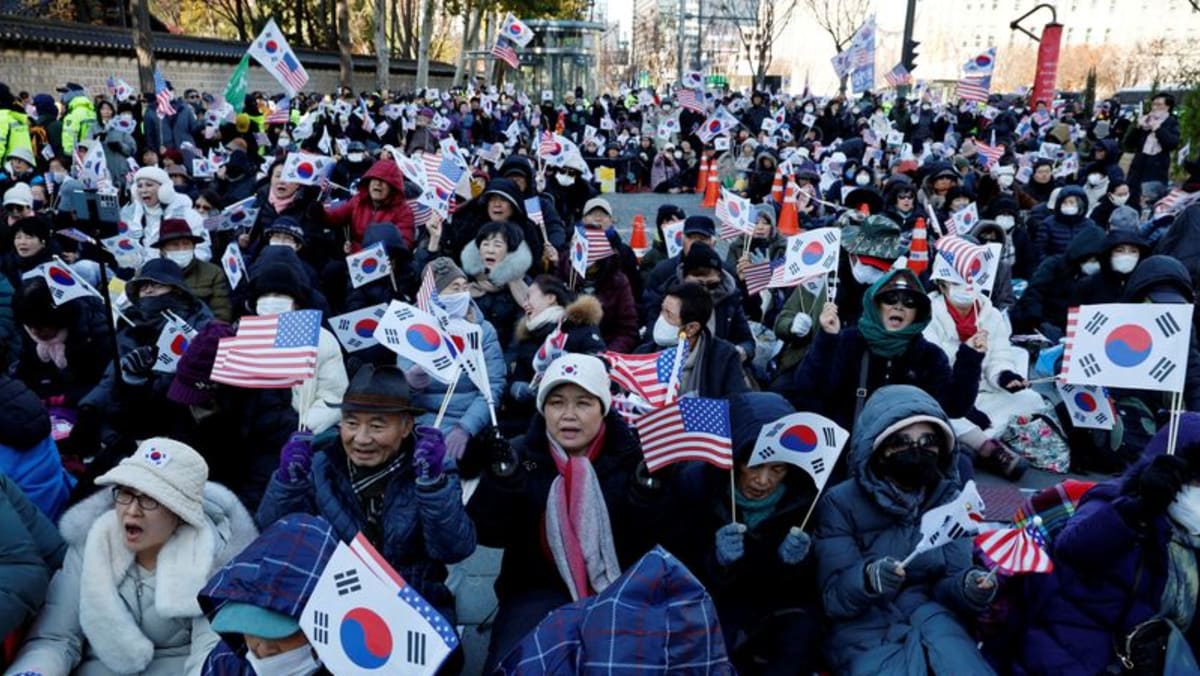The president of Iran, mass murderer Ebrahim Raisi, and Foreign Minister Hossein Amirabdollahian, an Iranian prominent leader in his attacks on Israel, were killed in a helicopter crash on the Azerbaijan-Iran border. Some commentators tried to link Israel and the Mossad to the crash, but despite Israel not declaring a ” national mourning day,” this is not Israel’s way of dealing with heads of state.
Iran’s governance system places the main decisions on foreign and domestic issues in the hands of the supreme leader, Khamenei, but the president also has some central roles, mainly concerning domestic matters, but not exclusively. Raisi was a close associate of Khamenei and was among the leading names raised as candidates to succeed him. His strong negative positions against Israel, along with the foreign minister who died with him, greatly influenced Khamenei and the Iranian policy.
So, what is expected now on the Iranian scene? It is important to remember that on October 7, Khamenei, with Raisi’s full involvement, activated a “weapon of mass distraction ” to advance a phase in his plan to build a ” weapon of mass destruction” against Israel. Since then, he has been pushing for a multi-front war.
The death of Raisi and Amirabdollahian will undoubtedly cause great turmoil in Iran, but in the Israeli context, no significant change is expected. Tehran, under Khamenei’s guidance, continues to progress toward an independent nuclear capability with each passing day. The attention given to delaying progress in producing military-grade enriched uranium must continue, including preparations to strike the enrichment capabilities and the accumulated material. However, the main focus must shift to delaying the development of the weapons system, targeting leading nuclear scientists, and weakening the regime.
The death of the president and the foreign minister must serve as momentum for renewed internal opposition to the regime, exploiting the temporary chaos and potential internal power struggles, especially given the leader’s poor health.
Raisi’s death will not change Iran’s enrichment of uranium
It is important to understand that Iran is currently where it wanted to be in the field of uranium enrichment (60%), and the transition to the next enrichment level (90%) will probably only take place when all other components, including the construction and assembly capabilities of the nuclear warhead, are ready. Transitioning to 90% will not serve Iran now, and the president’s death will not change the situation in this area.
Israel must assume that any president and foreign minister chosen will continue on Iran’s current path, and some may even intensify the nuclear approach and try to persuade the leader to formally instruct the advancement of the weapons system, which has not happened so far. At the working levels, reports of progress on several main axes in the development of the weapons system are increasing, maintaining deniability so that on the day of command and with the leader’s approval, the path will be shorter.
The Mossad (with the help of Unit 8200) must make all efforts, as promised by Mossad chief Barnea, to hurt the components of the weapons system program, including the nuclear scientists and the project leaders, despite its intensive involvement in the mission to return the hostages and manage negotiations with Qatar and others.
Beyond focusing on the weapons system leg, Israel must address the new enrichment facility built deep underground in Natanz, so that Israel (and the US) do not find themselves facing a bomb-proof facility. Currently, there are still other ways to damage it before it is operational. The facility will serve as a hideout for installing advanced centrifuges, for high-level industrial enrichment, allowing the construction of many bombs and the transitioning to military-grade enrichment of 90%.
It is clear that the current priorities are the hostages, Gaza and the north. Still, the overarching goal remains to prevent the Iranian plan from exploiting the chaos to reach a nuclear capability, especially now in light of the expected changes in Iran.
There might have been an expectation of a change in the American approach, but to the best of my assessment, this will be an illusion, regardless of Raisy’s death. The Biden administration will not attack Iran and will try to prevent Israel from doing so in every way. Just last week, talks took place between the US and Iran to convince them to lower the flames against Israel and American forces and even to reach a new nuclear agreement. Raisi’s death is not expected to lead to a change in this approach, even if the Iranians will intensify their nuclear actions.
The US and Israel must strike together at the head of the octopus and its arms. It is also time to apply tough financial pressure on the Islamic Republic and not ease up on it, as the administration has recently done. The US must take advantage of the expected chaos in Iran and aggressively enforce oil sanctions against traders, refineries, and Chinese banks and fight the tens of billions of dollars passing in off-the-books trade.
It will be a mistake to expect the IAEA and its director (who does not hide his goal of being elected as UN Secretary-General) to take any action against the ongoing Iranian nuclear violations. As usual, ahead of the Board of Governors meeting in Vienna, we will see American groveling and a push to avoid any sanctions and even issuing a report pointing out the ongoing Iranian violations, in line with European demands. The US’s ultimate goal is to reach the November elections without confrontations.
The White House behaves as if Iran, Hamas, and the Palestinian Authority are separate challenges. Sullivan’s recent visit to Israel and the messages he conveyed indicate the depth of the administration’s mistakes. Raisi’s death and the absurd decisions of the ICC in issuing arrest warrants against the prime minister and the defense minister can provide the US with a ladder to climb down from the tree.
Israel has no choice but to confront the Iranian threats on all fronts, and it cannot allow Tehran to encircle it with a “ring of fire”. The time has come to take off the gloves and be ready to go on offensively against Iran and the Palestinian Authority, which initiated the appeal to the ICC. The PA is part of the problem and not part of the solution. It would be better for Israel to confront the threats together with its best ally, the US, but Israel must be prepared to face them alone, as well.
The writer is a senior fellow at the Foundation for Defense of Democracies (FDD) and a professor at the Technion. He served as the national security advisor to Prime Minister Netanyahu and as the acting head of the National Security Council.







